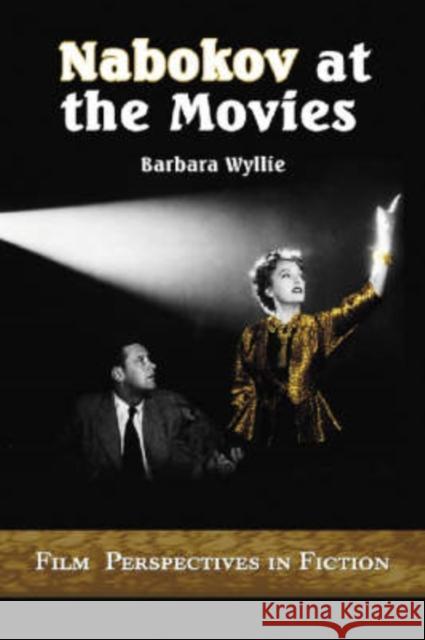Wyniki wyszukiwania:
wyszukanych pozycji: 2
 |
Nabokov at the Movies: Film Perspectives in Fiction
ISBN: 9780786416387 / Angielski / Miękka / 2003 / 308 str. Termin realizacji zamówienia: ok. 16-18 dni roboczych. Vladimir Nabokov claimed, speaking of Laughter in the Dark: I wanted to write the entire book as if it were a film. The relevance of film to the novelist's art remains a preoccupying question in recent American fiction: writers must decide whether to acknowledge the medium that is a defining element of America's collective unconscious and, if so, how to deploy it successfully toward a written work of fiction. In situating Nabokov within America's literary and cinematic traditions, this book throws new light on Nabokov's treatment of film in his work, focusing on major texts set against key...
Vladimir Nabokov claimed, speaking of Laughter in the Dark: I wanted to write the entire book as if it were a film. The relevance of film to the novel...
|
cena:
221,82 |
 |
Vladimir Nabokov
ISBN: 9781861896605 / Angielski / Miękka / 2010 / 223 str. Termin realizacji zamówienia: ok. 30 dni roboczych. Best known for his deeply controversial 1955 novel, Lolita, Vladimir Nabokov (1899-1977) is celebrated as one of the most distinctive literary stylists of the twentieth century. In Vladimir Nabokov, Barbara Wyllie presents a comprehensive account of the life and works of the writer, from his childhood and earliest stories in pre-revolutionary Russia, to The Original of Laura a novel written almost entirely on index cards published for the first time in 2009, perhaps against Nabokov s wishes. This literary biography investigates the author s poetry and prose, in... Best known for his deeply controversial 1955 novel, Lolita, Vladimir Nabokov (1899-1977) is celebrated as one of the most distinctive litera... |
cena:
66,97 |










